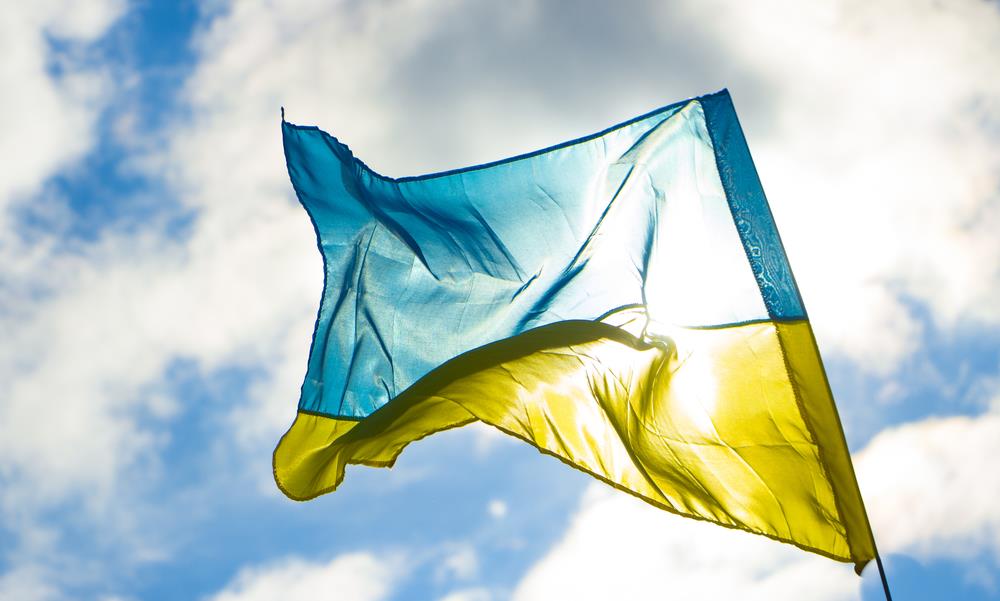The planned mediation talks set to take place in Doha, aiming for a partial ceasefire and a halt on energy strikes, were disrupted by Ukraine’s recent incursion into Russia’s Kursk region.
The destruction of two key bridges over the Russian Seym River by Ukrainian forces in the Kursk region has derailed Qatari mediation efforts to facilitate talks between Moscow and Kyiv, according to a report by the Washington Post (WP).
The report published on Saturday, said that the fighting factions were set to send delegations to the Qatari capital this month.
The aim of the now disrupted talks was to “negotiate a landmark agreement halting strikes on energy and power infrastructure on both sides,” according to unnamed officials privy to the matter.
Through indirect talks, with Qatari mediators meeting the Russian and Ukrainian delegations separately, the WP report added that the ultimate goal was a partial ceasefire.
In a statement via X on Friday, Mykhailo Podolyak, Ukrainian presidential adviser, said his country is acting in self-defence and in accordance with international law.
“Ukraine is not interested in occupying Russian territories,” he said.
“If we are talking about potential negotiations – I emphasize potential – we will have to put [the Russian Federation] at the table opposite. On our own terms” Podolyak added regarding leveraging future talks.
The WP reported that Doha was also not alerted by Kyiv about the cross-border incursion.
The Kremlin denies reports that the Kursk incursion was responsible for derailing negotiations with Kyiv and that no talks about halting strikes on civilian infrastructure had been planned.
Qatar declines one-sided mediation: reports
Al Jazeera has reported that the Kursk offensive, which began on August 6, “took the Kremlin by surprise”. British intelligence also described Russia as “not prepared” for the Ukrainian force’s penetration.
In light of what Moscow described as an “escalation” a source close to the WP said the Kremlin now needs more time to come to the negotiation table.
Meanwhile, Ukraine planned to send a delegation to Doha regardless. This idea was declined by Qatar it “did not see a one-sided meeting as beneficial” the report added.
Kursk is located in Western Russia and borders Ukraine. Kyiv now wields control over 80 settlements in Kursk, Volodymyr Zelenskyy, the Ukrainian president, said in a statement last Thursday.
‘Deteriorating’ energy security
Meanwhile, the International Atomic Energy Agency (IAEA) warns of the deterioration of nuclear safety in Ukraine.
“I remain extremely concerned and reiterate my call for maximum restraint from all sides and for strict observance of the five concrete principles established for the protection of the plant,” said Rafael Mariano Grossi, IAEA Director General.
His statement follows a drone strike that hit the surrounding protected area of Ukraine’s Zaporizhzhia nuclear power plant (ZNPP). The Russian News Agency lays blame on a Ukrainian drone strike.
The IAEA reported that the blast resulted in damage to the roads between the ZNPP’s main gates.
“This latest attack highlights the vulnerability of such facilities in conflict zones and the need to continue monitoring the fragile situation,” Grossi added.
Equally, the latest drone strike in the ZNPP’s vicinity follows earlier reports of a fire at the power plant’s cooling towers.
The WP report added that Qatar has been in talks with Moscow and Kyiv for the past two months to reach an agreement to arrange a pause on energy strikes.
However, the WP source said that the Kremlin is now hesitant to proceed with these talks after the Kursk incursion.







